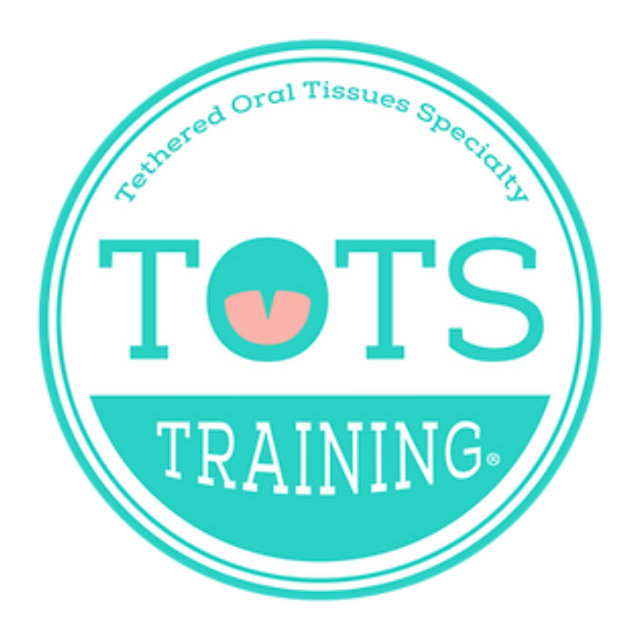Lip & Tongue Ties
Being tongue tied isn’t just a figure of speech – it’s a real medical condition that can affect newborn babies and cause problems throughout a person’s life
Dr. Nagel is Tethered Oral Tissues Specialty Training certified, which means that she has the knowledge and experience to identify and address any problems occurring with what is frequently referred to as being “tongue-tied”. Tethered oral tissue of the tongue affects how people speak, as well as how they eat. There are different types of oral tissues that can be the cause of tethered oral tissue, and it take a specially trained staff to be able to observe an issue like this, as well as be able to rectify it.


With our training we are able to:
- Present research to patients that will help dispel any myths revolving tethered oral tissues, as well as define the various different tissues that can be tethered
- Help patients and their families understand how to identify and treat tethered oral tissue and also present them with educational resources
- Effectively locate and devise a plan for treatment of tethered oral tissue
When should a lip or tongue tie be released?
The earlier the better! Performing a release is much easier on infants because the tissues have less nerve endings and blood vessels, making the procedure virtually painless. Once the teeth begin to erupt, it’s much more difficult to release the tissues, meaning we may have to wait until the child is old enough to cooperate.
How can the team at Horizon Dental help?
Dr. Nagel is certified in TOTS – Tethered Oral Tissues Specialty training, which means that she has the knowledge and experience to identify and address the problems caused by lip and tongue ties. She is also trained to use a soft tissue laser to perform the release procedure, making it a very quick and easy experience for your child. Benefits of using a laser include: reduced post-operative pain and swelling, reduced bleeding, no need for stitches, and little to no anaesthetic injections.

